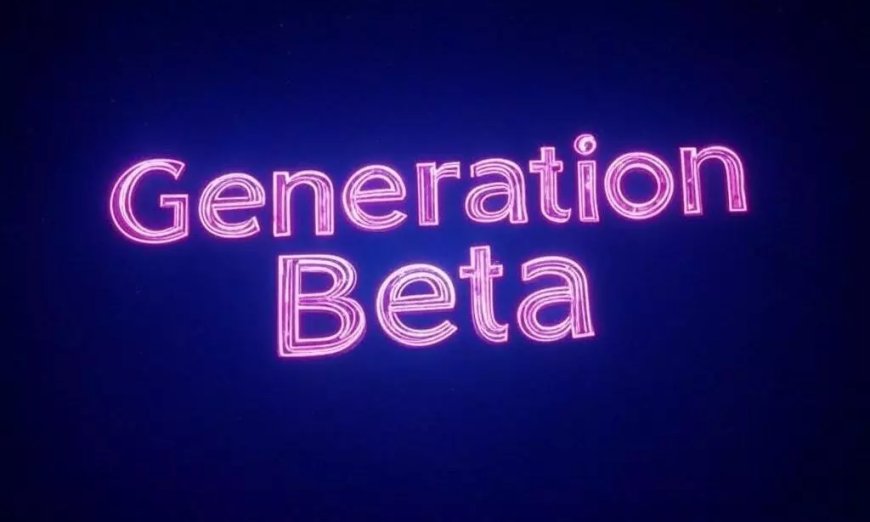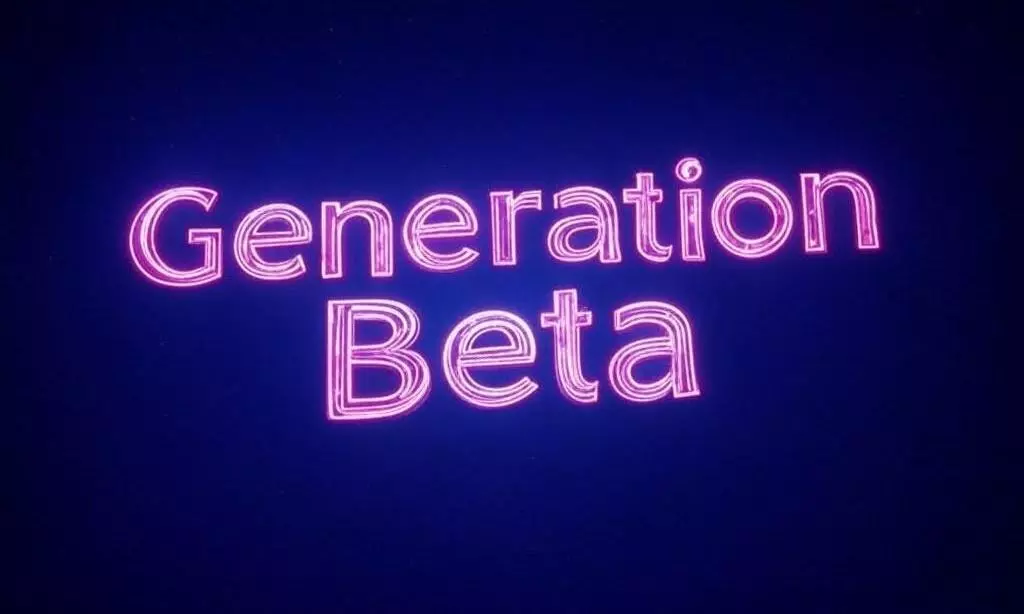After Gen Alpha, Gen Z it’s Gen Beta
The year 2025 will witness the emergence of a new generation, aptly named Generation Beta. Generation Beta comprises individuals born between 2025 and 2039. The children of younger Millennials (Gen Y) and older Gen Z, many members of Generation Beta will likely live to witness the 22nd century.By 2035, this generation is projected to comprise 16 percent of the global population. Generation Beta will be the successor of Generation Alpha (born between 2010 and 2024), which came after Gen Z (1996-2010) and and millennials (1981-1996). The naming of both the generations not only signifies new generations but also implies that they will be shaped by an entirely different world. Challenges and Transformation Generation Beta will inherit a world grappling with major societal challenges. With climate change, global population shifts, and rapid urbanisation at the forefront, sustainability will not just be a preference but an expectation, said Demographer and Futurist Mark McCrindle. They will be “globally minded, community-focused, and collaborative” and look for solving the pressing challenges of their time. Artificial Intelligence and automation will be dominant and embedded in their lives. “Generation Beta will live in an era where AI and automation are fully embedded in everyday life—from education and workplaces to healthcare and entertainment,” McCrindle said. Social connection Generation Beta, born into a “world of always-on technology”, will navigate friendships, education, and careers in an era where digital interaction is the norm. They will redefine belonging, blending in-person relationships with global digital communities.


The year 2025 will witness the emergence of a new generation, aptly named Generation Beta.
Generation Beta comprises individuals born between 2025 and 2039. The children of younger Millennials (Gen Y) and older Gen Z, many members of Generation Beta will likely live to witness the 22nd century.By 2035, this generation is projected to comprise 16 percent of the global population.
Generation Beta will be the successor of Generation Alpha (born between 2010 and 2024), which came after Gen Z (1996-2010) and and millennials (1981-1996). The naming of both the generations not only signifies new generations but also implies that they will be shaped by an entirely different world.
Challenges and Transformation
Generation Beta will inherit a world grappling with major societal challenges. With climate change, global population shifts, and rapid urbanisation at the forefront, sustainability will not just be a preference but an expectation, said Demographer and Futurist Mark McCrindle.
They will be “globally minded, community-focused, and collaborative” and look for solving the pressing challenges of their time.
Artificial Intelligence and automation will be dominant and embedded in their lives. “Generation Beta will live in an era where AI and automation are fully embedded in everyday life—from education and workplaces to healthcare and entertainment,” McCrindle said.
Social connection
Generation Beta, born into a “world of always-on technology”, will navigate friendships, education, and careers in an era where digital interaction is the norm. They will redefine belonging, blending in-person relationships with global digital communities.






































